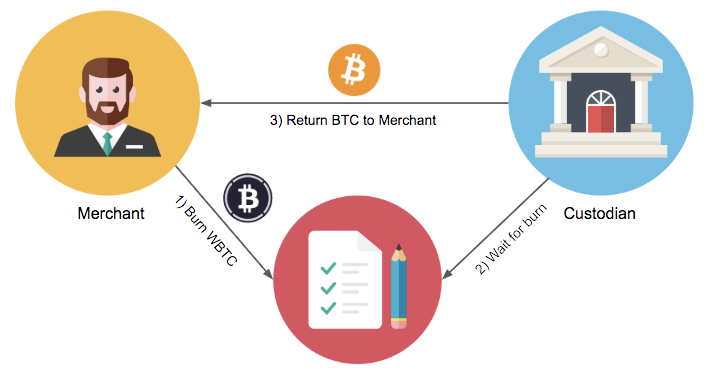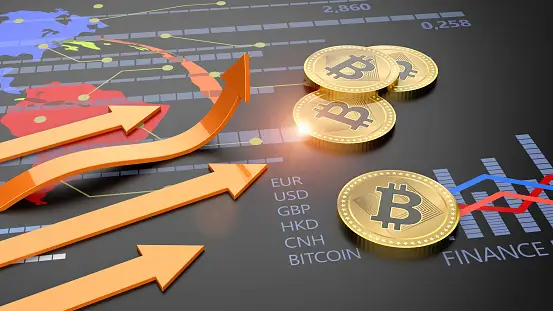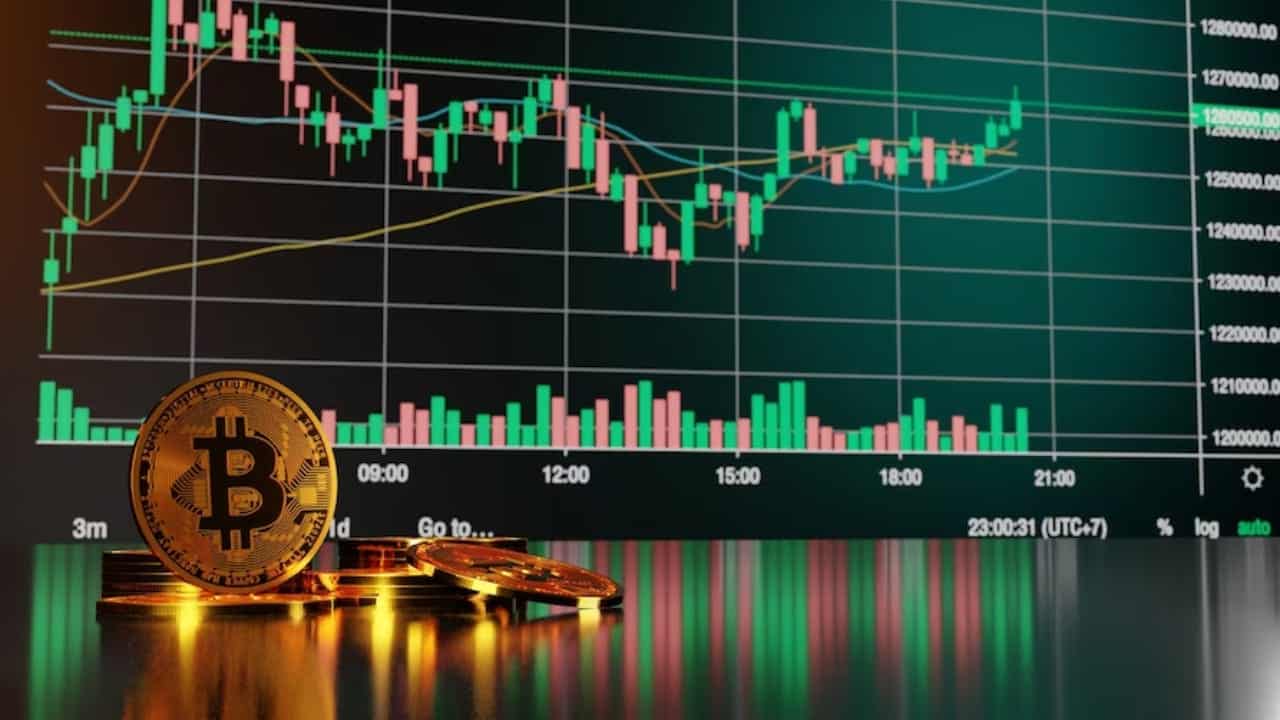Cryptocurrency security issues are a big deal when you own digital cash. It’s like gold you can send over the internet – but thieves lurk in the digital shadows. I’ve seen it from up close: exchanges hacked, money gone. Smart contracts are smart until they’re not, and then your coins are at risk. Hackers find new ways to trick you and steal your crypto. It’s a wild world online, and you must stay safe. So let’s get down to it. I’ll show you how to guard your virtual vault like a pro.
Understanding the Spectrum of Cryptocurrency Security Challenges
The Prevalence of Cryptocurrency Exchange Hacks
Cryptocurrency exchange hacks are like robberies for the digital age. They happen when bad guys break into places where digital coins are traded. They take coins without asking.
How common are these attacks? Sadly, very. In the past, there have been many big thefts from exchanges. Millions of dollars in digital gold gone! It’s shocking.
Think of a crypto exchange like a bank. But it’s online, and it holds digital money. When it gets hacked, users can lose their savings. Just like that, gone. This is why we say, be careful!
To fight this, exchanges try hard. They use things like heavy digital locks (encryption) and guards (security software). But still, hacks happen. Users get hurt.
So, what can you do? Learn about these risks. Make better choices. Use trusted exchanges. And always, always keep an eye on your coins.
Smart Contract Vulnerabilities: A Growing Concern
Now let’s chat about smart contracts. They’re like magic spells for blockchain. They do stuff when certain things happen. Without any person having to say so.
But sometimes, they’re not made right. They can be weak. This means bad guys can find ways to break them. This leads to lost or stolen coins.
Smart contracts are part of things like games, voting, and trading. When they fail, it hurts many parts of the crypto world. It’s not just about money. It’s about trust in this new tech.
Why do these problems happen? A few reasons. Rushed work, not enough testing, or maybe the code is just too complex. It’s tough, really tough, to get it perfect.
But we must do better. We have to test them a lot. We must also keep learning. Only then can we truly trust these smart contracts with our digital treasures.
Remember, crypto is still new. It’s exciting, but it’s like the wild west. You’ve got to be sharp. You’ve got to know the risks. And above all, you must protect your digital gold with all you’ve got.
Protective Measures for Your Crypto Assets
The Necessity of Multi-factor Authentication for Wallets
Hackers love your digital coins as much as you do. They try to steal by cracking just one password. But you can stop them with multi-factor authentication (MFA). What is it? MFA means using more than just a password to get into your wallet. It could be a code from your phone or a fingerprint. This extra step makes a hacker’s job tough.
Let me break it down. First, you enter your password. It’s something you know. Then you get a code on your phone. It’s something you have. Maybe you also scan your fingerprint. That’s something you are. See, each step is a new hurdle for any thief. It’s like having a super-lock on your digital gold vault.
Private Key Protection and Secure Storage Solutions
Now let’s talk about your private key. It’s like the ultimate password for your crypto. If anyone gets it, they get your coins. Scary, right? So, keep it secret, keep it safe. How? Never share your private key. Write it down. Lock it up. Think of it like a special secret, one that’s worth a lot of cash.
You might hear about cold storage. What’s this? Cold storage is keeping your private key offline. It’s on a piece of paper, or maybe a USB drive, not on your computer. It’s like burying your treasure. No internet, no hackers. Just your key, safe and sound.
But there’s more. Some people use hardware wallets. These are like high-tech safes for your key. They plug into your computer, but they keep your key locked away. It’s only out in the open when you say so. And you’re the boss, so you don’t say so unless you’re making a trade.
And remember, sometimes simple is best. A strong password, a locked-up key, and MFA can make your crypto almost untouchable. It’s a tough world out there, but you’ve got this. Keep your digital gold locked down, and you’ll sleep sound at night.
Let’s keep it real for a moment. We love the freedom of crypto. But freedom comes with risks. Hackers, scams, bugs – they’re all out there. Still, don’t let this scare you. With the right moves, like multi-factor authentication and cold storage, your coins can stay yours. Stay smart, stay secure, and keep your crypto safe.
Emerging Threats and Scams in the Decentralized World
Navigating through ICO Scams and Frauds
You’ve heard about ICOs, right? They’re like crowdfunding but for new cryptocurrencies. While they can be a good chance to invest early, not all ICOs are honest. How can you tell the good from the bad? First, check the project details. Are they clear and do they make sense? Is the team behind the ICO credible and do they have a track record?
Be careful with who you trust. ICO scams pull you in with the promise of quick money. If someone says you’ll get rich fast, take a step back. Real investments don’t work like magic. So, if you’re asked to invest quickly, that’s a red flag. Take your time and research, research, research.
Also, be wary of ICO fraud where the team just disappears with your money. That’s called an ‘exit scam.’ Make sure there’s a real plan for the new currency. If the ICO doesn’t share a development roadmap, be cautious.
Defending Against Phishing Attacks and Cryptojacking
Phishing attacks happen when scammers trick you into giving them your personal info. They might send you a fake email that looks real, asking you to log in and check your wallet. But if you click on their links and put in your details, they’ll have your private info. Always double-check URLs and sender addresses. And don’t click links in emails unless you’re 100% sure they’re real.
As for cryptojacking, it’s sneaky. Scammers use your computer or phone to mine cryptocurrency without you knowing. It slows down your devices and can cost you a lot in energy bills. To fight back, use security software that can spot and block cryptojacking scripts.
No matter what, always keep your digital wallet safe. Using multi-factor authentication is like a big, strong lock on your virtual cash. It makes sure that no one can get in unless they have your permission. Think of each extra step in authentication as another door they have to get through.
And just like you wouldn’t leave your money out on the table, don’t leave your digital coins at risk. Use cold storage – which is like a safe for your crypto. It’s away from the internet and much harder for hackers to crack.
Remember, in this wild world of digital gold, you’ve got to be your own best guard. Look out for tricks and set up good defenses. That’s how you protect your crypto investment. These threats might sound scary, but with the right know-how, you can keep your treasure safe and sound.
Fortifying Blockchain Security and Compliance
Auditing Cryptocurrency Security: A Proactive Approach
Hackers love crypto. It’s like a magnet to them. Imagine you’re a hacker. You see a digital wallet, it’s like seeing a wallet full of cash, just sitting there. Hacking is easy for some, so protecting your digital coins is key. Most people think about safety after they’ve been hacked. That’s too late. You’ve got to think ahead. Here’s how.
First, check for digital wallet flaws. Even small holes can let in big problems. Make sure you’re not leaving a door open for thieves. Use strong passwords. And I mean strong! Like a mix of random letters, numbers, and symbols. Also, turn on multi-factor authentication (MFA). MFA is your wallet’s bodyguard. What’s multi-factor authentication? It’s when you need more than one proof to log in. Like your password and a code from your phone.
Got a fancy hardware wallet? Check that too. Even a sturdy lock has weak spots. It’s not just the lock. It’s also about who has the keys and how safe they are. Private key management is huge. Think of your private key as the key to your house. You wouldn’t give that to just anyone, right? Same goes for your private key. Keep it secret. Keep it safe.
Now, smart contracts are cool. But they’re not perfect. They’re like contracts with tiny doors. Doors you can’t see, but hackers can. Smart contract weaknesses? Yep, they peel open those tiny doors and sneak right in. Does robust encryption in crypto help? You bet! Strong encryption is like a vault for your info. It scrambles your data so only the right person can unscramble it. Always go for the best protection here.
Regulatory Compliance: Ensuring Safety in the Crypto Space
Follow the rules. That’s what your mom always said, right? Well, she was onto something. With crypto, this means playing by the book. Why care about crypto exchange rules? Because rules keep your money safe from bad folks. Rules like Know Your Customer (KYC) and Anti-Money Laundering (AML) protect everyone. They confirm who you’re dealing with. It’s like a safety net for your money.
Then there’s insurance for cryptocurrency. If something goes wrong, you want backup. That’s what insurance is. It’s like wearing a helmet. Sure, helmets might not be cool. But they save you from a big headache if you crash your bike.
Regulatory compliance for crypto security? Sure sounds like a mouthful. But really, it’s just about making sure everyone follows the same safety steps. Like in school, when the teacher made sure everyone walked on the right side of the hall. It kept things orderly and safe. That’s what complying with crypto rules does.
A secure crypto world is one where everyone does their part. That’s how we keep our digital gold safe for all. So strap on that helmet, follow the rules, and let’s keep your crypto safe together!
To wrap this up, we’ve covered a lot about keeping your crypto safe. We saw how exchange hacks are common and that the bugs in smart contracts need careful attention. We can’t ignore these issues. But there’s hope: using multi-factor authentication and keeping your private keys safe will shield your assets. Also, new problems like ICO scams and phishing are out there, so we need to stay sharp and learn how to spot them.
Lastly, boosting blockchain security with audits and following rules makes the whole system stronger for everyone. I want you to take away that while the crypto world is full of risks, knowing the dangers and how to protect against them can make you a smart and secure investor. Stay safe out there!
Q&A :
What are the most common security threats to cryptocurrency?
Cryptocurrencies have surged in popularity, but along with their rise come numerous security concerns. The most common threats include hacking of exchanges and wallets, phishing attempts, malware targeting crypto users, and the potential for 51% attacks on blockchain networks. Additionally, there’s the risk of losing access to your assets due to lost or forgotten private keys, which underscores the importance of robust key management practices.
How can I protect my cryptocurrency from digital theft?
To safeguard your cryptocurrency assets, it’s critical to implement security best practices. Use a combination of hot and cold wallets for storage, with the bulk of your assets in cold storage. Ensure your software is always up-to-date, employ strong, unique passwords, and consider multi-factor authentication for accounts that hold your funds. Never share your private keys, and be vigilant against phishing scams by double-checking the authenticity of websites and communications.
Are cryptocurrencies at risk from quantum computing?
As quantum computing technology advances, there is growing concern over its potential to break the cryptographic algorithms that secure cryptocurrencies. Current encryption methods may become vulnerable to quantum attacks in the future, which would put assets at risk. However, the crypto community is aware of these challenges and is working on quantum-resistant blockchain technologies to mitigate these potential security issues.
What are the risks of using cryptocurrency exchanges?
Using cryptocurrency exchanges comes with several risks, including the potential for hacking, fraudulent activities, and even outright theft. Exchanges can also be subject to regulatory issues, which may impact your ability to access your funds. Additionally, some exchanges might lack proper security measures, leaving users vulnerable to cyber threats. It is important to conduct thorough research on an exchange’s security protocols and track record before using it for trading.
Can using a hardware wallet improve the security of my cryptocurrency?
Employing a hardware wallet can significantly enhance the security of your cryptocurrency holdings. As a form of cold storage, hardware wallets store your private keys offline, making them immune to online hacking attempts. These devices are designed to be tamper-proof and can provide a safe way to conduct transactions while minimizing the risk of theft. However, it remains essential to purchase hardware wallets from reputable manufacturers and to follow proper security procedures when setting them up and using them.




